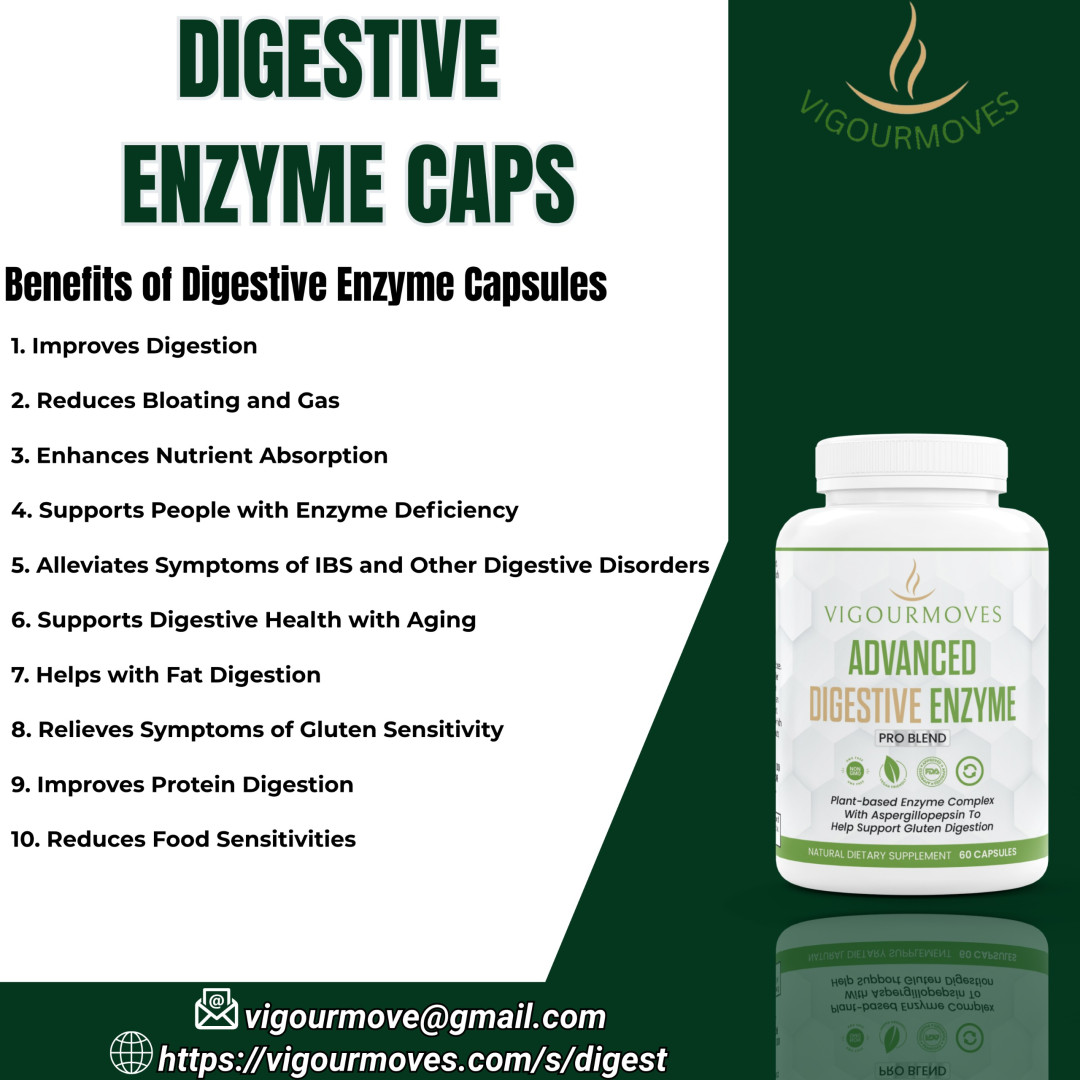
Why Your Body Might Need Extra Digestive Enzymes
This post explores the reasons why some individuals may benefit from supplementing with digestive enzymes beyond what their body naturally produces. Digestive enzymes are essential proteins that help break down food into nutrients your body can absorb. They are produced in the mouth, stomach, pancreas, and small intestine.
However, certain factors can impair natural enzyme production or increase the demand for enzymes, leading to symptoms like bloating, indigestion, gas, or nutrient deficiencies. This blog would cover:
Key Points to Include:
What Digestive Enzymes Do
Explain the roles of amylase (breaks down carbs), protease (proteins), lipase (fats), and others like lactase and cellulase.
Signs You May Need Extra Enzymes
Chronic bloating or gas
Undigested food in the stool
Fatigue after eating
Food intolerances (e.g., lactose intolerance)
Nutrient malabsorption
Common Causes of Enzyme Deficiency
Aging (enzyme production declines)
Chronic stress
Poor diet
Inflammatory conditions (e.g., IBS, Crohn’s)
Pancreatic issues (e.g., pancreatitis)
Low stomach acid
Benefits of Supplementing with Digestive Enzymes
Improved digestion and nutrient absorption
Reduced bloating and discomfort
Support for gut health
Better energy levels
When to Consider Supplementation
Discuss the importance of consulting a healthcare provider, especially for chronic issues or before starting supplements.
Natural Ways to Support Enzyme Production
Eating enzyme-rich foods (pineapple, papaya, fermented foods)
Chewing food thoroughly
Reducing processed foods
Managing stress
Purpose:
The goal of this blog is to educate readers on why their bodies may struggle with digestion and how enzyme supplementation could be a solution. It aims to help readers recognize the signs and understand the benefits of addressing enzyme deficiencies.
Comments
Post a Comment